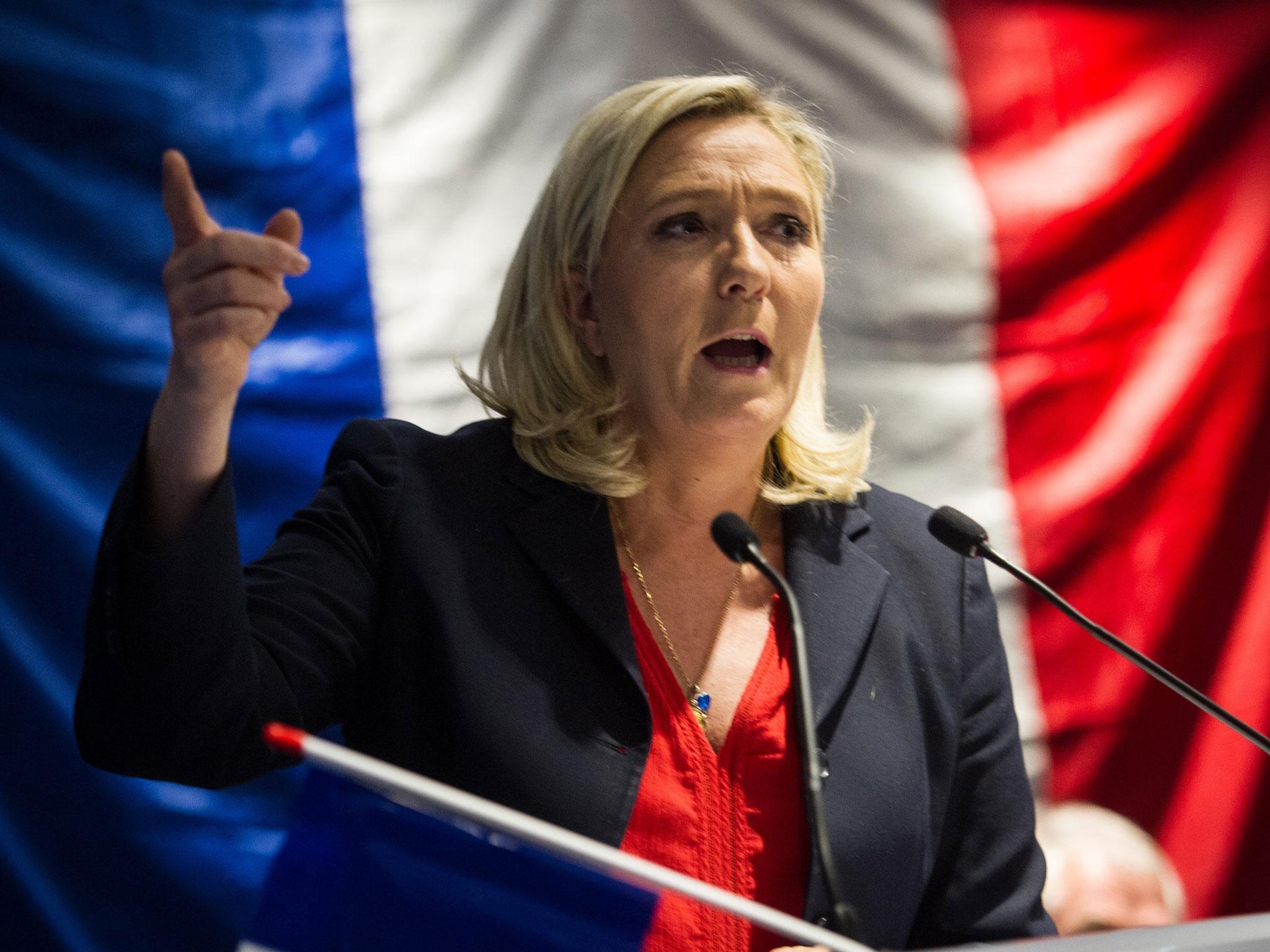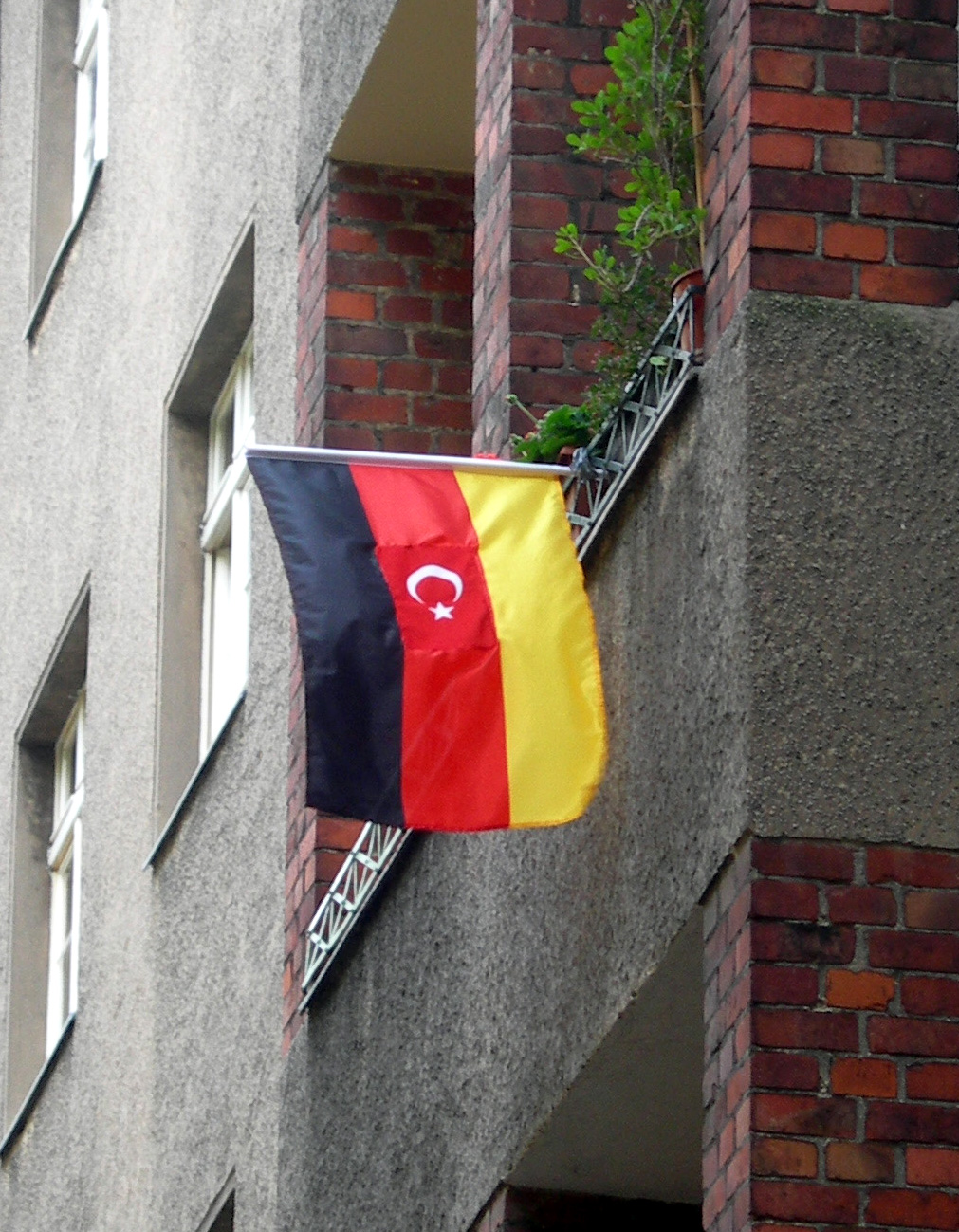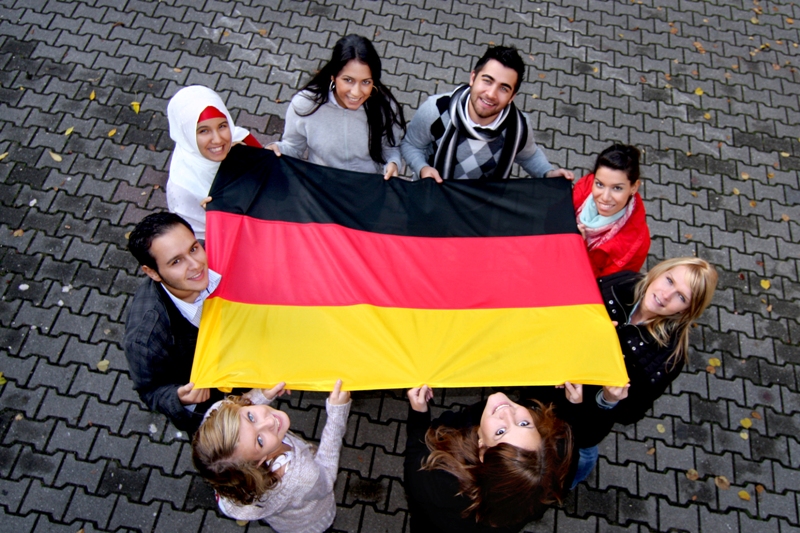
Macron and Le Pen debate burkini
The burkini controversy that began in summer 2016 reappeared in the televised presidential debate. As the candidates were discussing laïcité (secularism), Marine Le Pen attacked Macron, saying: “Several years ago there were no burkinis on beaches, I know you support them Mr. Macron.” He responded: “Please…Ms. Le Pen…but I don’t speak for you, I don’t need a…





